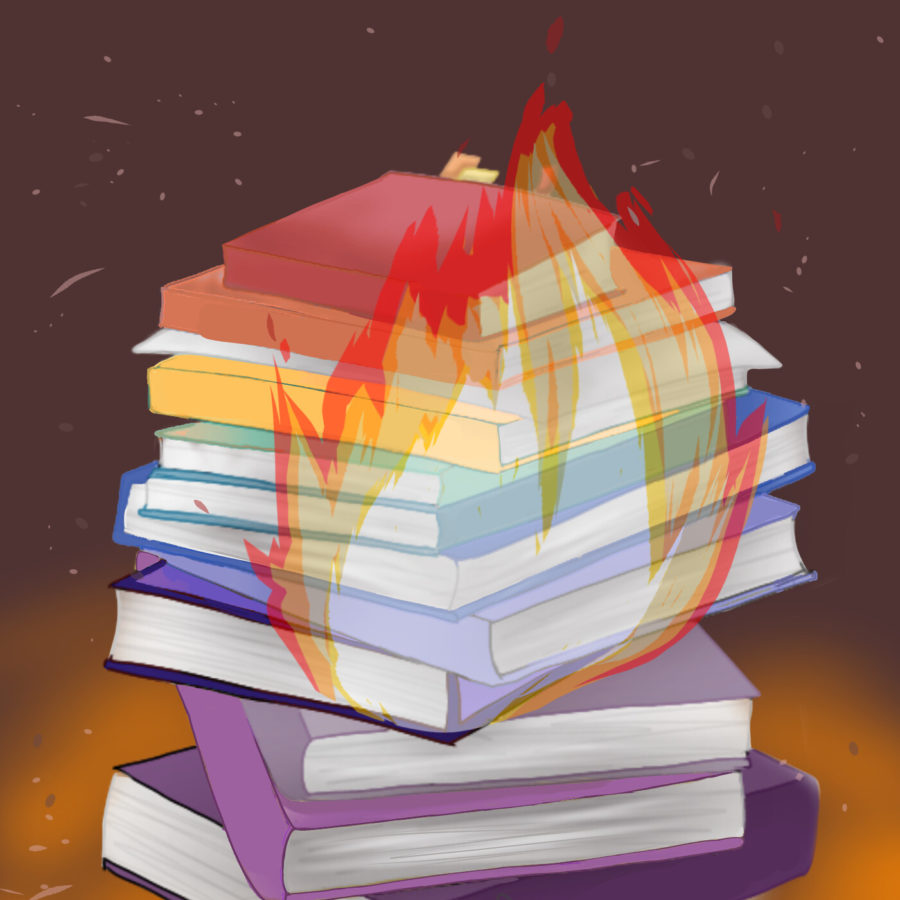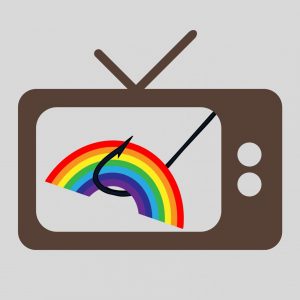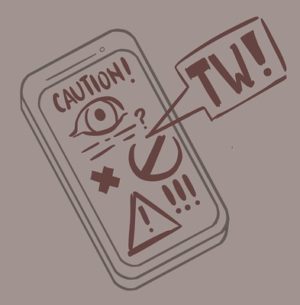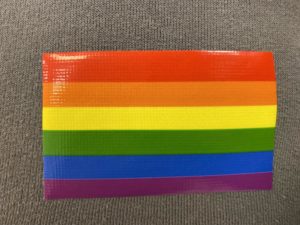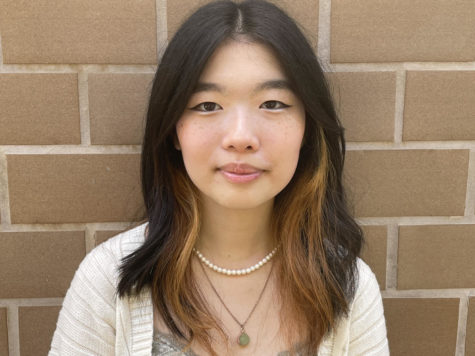Queer students threatened by rise in book censorship
The spike in book-banning is the result of a larger movement to censor queer identities.
November 9, 2022
The American Library Association (ALA) recorded more book removals and challenges in 2022 than in over two decades, with the increased backlash against books concerning sexuality and gender identity impacting queer youth across the nation – including the San Ramon Valley Unified School District (SRVUSD).
Book banning occurs when individuals or organizations remove books from schools, libraries, or bookstores because they object to their content or the ideas they represent. According to PEN America, 2532 bans have occurred in 138 school districts across the nation since 2021, representing a combined total of nearly 4 million students. 41% of these banned titles were categorized as having “LGBTQ+ themes, protagonists, or prominent secondary characters.”
The president of the DVHS Gender-Sexuality Alliance, who asked to remain anonymous for privacy reasons, believes these challenges are a reaction to the rise in queer representation in media.
“A lot of conservative groups feel that their ideology is being threatened, or their political standing is being threatened,” they said. “So in order to counter that threat, they’ve been trying to push back on [LGBTQ+] rights.”
Within SRVUSD, several books featuring prominent queer characters have been challenged by parents. Rainbow Rowell’s “Carry On,” for example, was requested to be removed from the Dougherty Valley High School (DVHS) library.
Not only is the rate of these book bans significantly higher than past challenges, but they also originate from a different source: targeted censorship efforts linked to wealthy conservative organizations such as No Left Turn in Education and Parents Defending Education. PEN America identifies over 50 such groups nationwide, of which 73% have been formed since 2021.
No Left Turn in Education maintains lists of books in categories such as “comprehensive sexuality education” for its members to challenge, describing them as “a complete assault and takeover of our education system.” However, DVHS librarian Allison Hussenet explains that school librarians are rigorously trained and thoroughly investigate whether each book they add is student-appropriate.
“If students or staff have [book] requests, we like to honor that,” Hussenet said, “but we always look at what professional organizations such as the ALA and Junior Library Guild are putting out in terms of reading reviews.”
By contrast, No Left Turn’s list-distribution strategy means that members may be advocating to ban books they haven’t read. Since July 2021, 96% of bans were enacted without following the guidelines of the ALA and National Coalition Against Censorship.
Jesse vanZee, a current candidate for the SRVUSD Board of Education, believes that removing LGBTQ+ books from school libraries and curriculums will create a more inclusive environment for students by de-emphasizing politics.
“We don’t have Republican, or Democrat, or independent kids; we simply have kids who want the best education that they deserve,” vanZee stated in a Sept. 27 forum.
The GSA president argues that parents have a different reason for hiding queer content from their children.
“When [queer] representation is shown in media, parents [are] afraid that their children will turn out ‘wrong’. And they don’t like that,” they said. “There’s people who are different, [who] parents think are trying to influence their children to be different, even though that isn’t really how it works.”
The Supreme Court protects the right to receive information as a fundamental right under the First Amendment, which it has reaffirmed in cases such as Lamont v. Postmaster General (1965) and Board of Education v. Pico (1982). In the latter case, which evaluated whether it was constitutional to remove books from a school library, they stated that “the right to receive ideas is a necessary predicate to the recipient’s meaningful exercise of his own rights of speech, press, and political freedom.”
However, the LGBTQ+ community’s access to these rights is already being challenged, with over 100 anti-LGBTQ+ policy bills introduced so far in 2022. Among the well-known of these is the Parental Rights in Education Act, nicknamed the Don’t Say Gay Bill, which controlled classroom instruction on sexual orientation and gender identity from grades K-3 in Florida public schools. Florida Gov. Ron DeSantis, who passed the law, deemed LGBTQ+ ideas “inappropriate” for children, furthering the belief that queerness is inherently sexual or harmful toward young people.
“Parents do have some rights to handle what their children learn, because [they know what children are] mature enough to understand,” the GSA president said. “But I feel like this is not the case in this subject, because being queer is something that is perfectly normal and more common than people think. And to restrict this information really just hinders children from learning about themselves and developing.”
In fact, such sanitization and erasure of queer history actively harm students’ mental health. Queer youth who don’t have access to “LGBTQ-affirming” spaces have higher rates of suicide attempts, according to the Trevor Project, and often feel as if they are “not allowed” to exist due to constant invalidation.
Promoting queer representation is the solution to this erasure. Not only do queer students feel included when seeing their identities and lived experiences reflected in stories, but cisgender and heterosexual people can learn to normalize and accept those who are different from them.
For their part, the DVHS librarians are working on equity audits to identify gaps in representation within their collection.
“A huge part of our profession is freedom of speech and defending your right to read,” said Hussenet. “Librarians are our freedom fighters in a sense, in terms of freedom of information.”
Librarian Kerri Knapp reiterated why she believes representation of different voices and experiences is so important, especially to young people.
“You are becoming your own person and you’re learning who you want to be. And we just want to support that,” she said. “Everything we do is with you guys in mind. And we’re always open to ideas and suggestions, and we always want to be open-minded and make this a place where you guys can feel safe and supported.”


